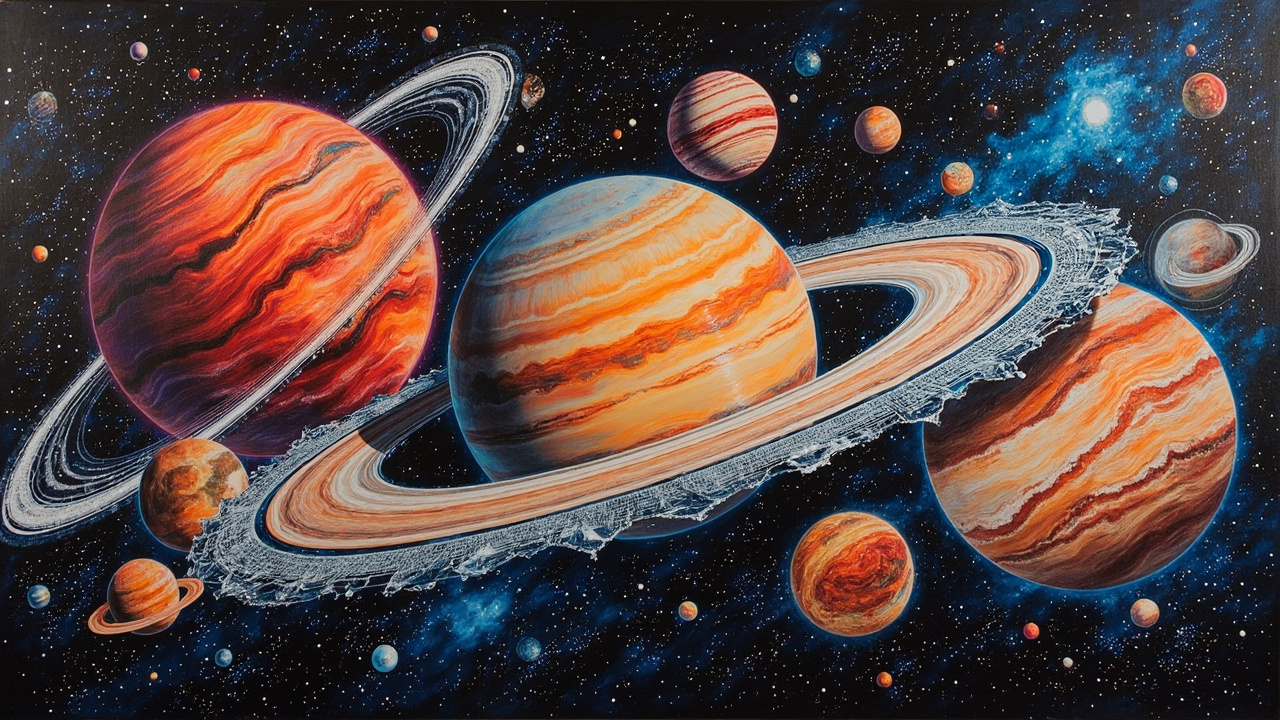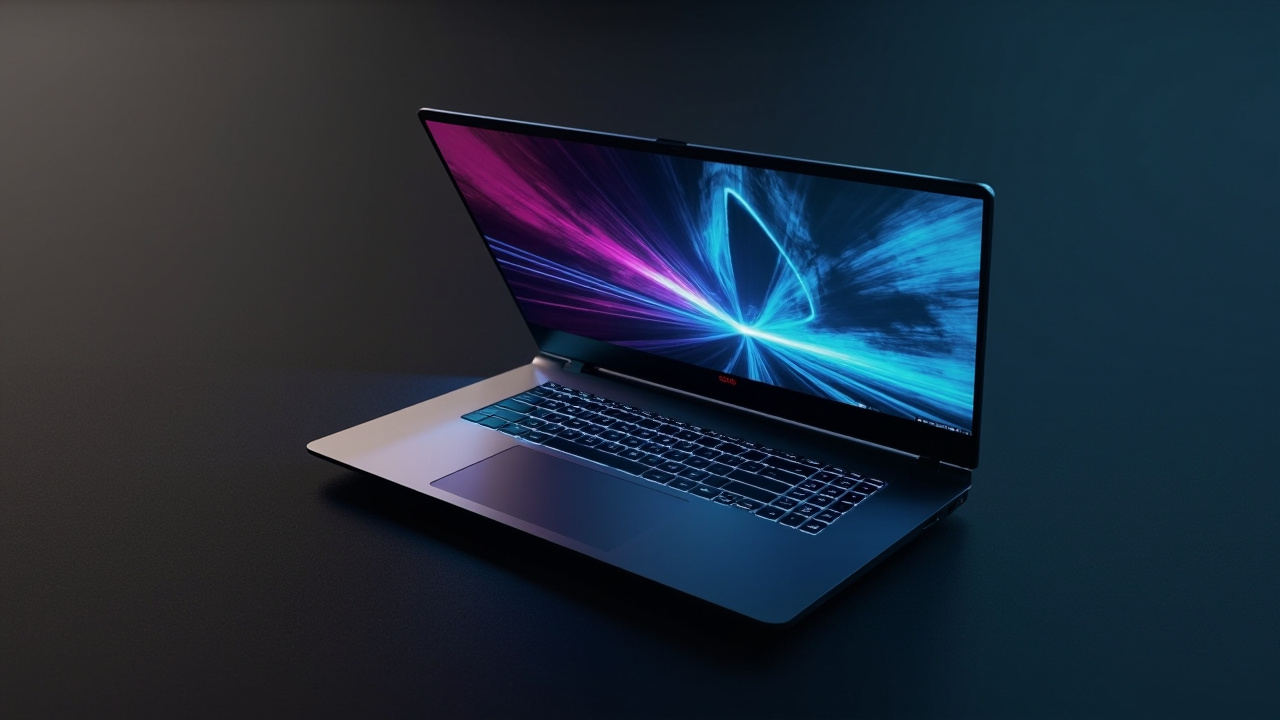Navigating the AI Copyright Debate in the EU: Balancing Innovation with Creator Rights

The ongoing debate over AI copyright in the EU is a pivotal issue in a world where technology is advancing at lightning speed. As artificial intelligence tools become increasingly integrated into creative sectors, the question of how to balance their development with the rights of copyright holders is gaining urgency. This dialogue is not just about protecting individual artists and creators; it reflects deeper concerns about the ethical implications of AI and its impact on intellectual property laws, which are now at risk of becoming obsolete. Stakeholders, including artists, tech companies, and lawmakers, are facing a critical moment that may influence future regulatory frameworks surrounding AI.
At the heart of this debate is the proposed Data (Use and Access) Bill, which aims to clarify how AI developers can utilize copyrighted material to train their algorithms. Currently, AI firms can scrape vast amounts of data from the internet, often without explicit consent from the original creators. This practice, while initially justified by claims that content was in the public domain, raises significant ethical questions. Critics, including high-profile musicians like Sir Elton John, argue this amounts to theft and threatens the livelihoods of artists who are losing work to rapidly generated AI outputs. The House of Lords' push for increased transparency in how copyrighted materials are used aims to ensure that artists have visibility into how their work is being leveraged and to facilitate proper licensing.
Consider the contrasting views of prominent figures in this debate. On one side, Baroness Beeban Kidron warns that failing to protect creative output will result in "state-sanctioned theft" of a valuable industry worth £124 billion. Conversely, advocates for the government’s approach argue that overly stringent requirements could stifle the growth of the AI industry in the UK, risking investment and innovation. This tension illuminates the complex trade-off between fostering technological advancement and safeguarding the rights of individual creators. It raises a provocative question: how can society harness the benefits of AI without undermining the very creativity that fuels its progress? As regulations evolve, both the creative and tech sectors must adapt to navigate this uncharted territory.
Read These Next

Douyin VP Speaks Out on Navy Attack: Disinformation Warning
Douyin's VP highlighted the impact of social media disinformation on brands and consumer trust, emphasizing platform security and integrity.

Ultra-Short-Period Planets Challenge Planetary Knowledge
This commentary explores the significance of ultra-short-period exoplanets and their implications on planetary formation theories, emphasizing the broader technology trends in astrophysics driven by data analytics and collaboration.

Lenovo Launches Legion Battle 7000 Ryzen Edition Gaming Laptop
Lenovo launches Legion Battle 7000 Ryzen edition gaming laptop at an attractive price, featuring strong hardware specs, innovative cooling, and a competitive edge in the gaming market.
